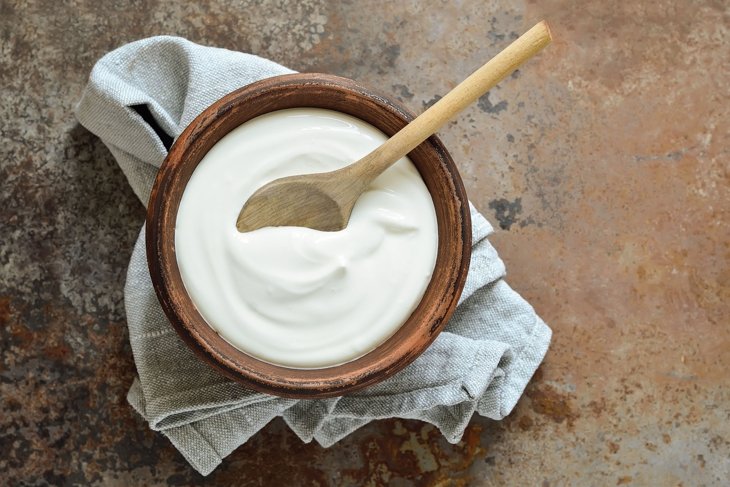
Microbes affect far more than our gut health and bowel habits; they appear to play a role in everything from behaviour and mood to sleep cycles and skin health. Can heart health be another?
New discoveries continue to show that the microbiome—the collection of trillions of microbes that live on and within us—plays an integral role in so many aspects of health.
From mood to skin health … and more
Researchers can now examine microbes with advanced technology, understanding more about their direct and indirect contributions to our daily functioning. The word “functioning” is to be taken literally and figuratively. Microbes influence far more than bowel habits; remarkably, they appear to play a role in everything from our behaviour and mood to sleep cycles and skin health.
Some of these areas of research are in their infancy, while others have been examined for decades. At first glance, any connection between the microbes that live in our gut and the buildup of plaque in our arteries or changes in blood pressure might seem like the stuff of science fiction. It is not. In fact, the relationship between gut microbes and heart health is one of the oldest topics in the exciting microbiome era.
Heart health connection
In the early 20th century, it was theorized that if small amounts of microbial parts or toxins could gain access to the bloodstream, then an inflammatory immune reaction to the bacteria would contribute to clogged arteries.
Experiments demonstrated that injection of microbial toxins could induce arteriosclerosis in animals. Other studies, nearly half a century old, showed that intestinal bacteria, especially the friendly Lactobacillus species, could influence blood cholesterol levels.
Through advances in technology, researchers can now pull back the curtain on intestinal microbes, identifying them with unprecedented precision and taking a fresh look at microbial connections to lifestyle habits known to be connected to cardiovascular disease, such as consumption of unhealthy foods and sugary beverages, sleep problems, sedentary lifestyle, and stress.
Critically, in the last few years it has been proven that these lifestyle habits can diminish diversity of healthy microbes in the gut. This loss of diversity contributes to intestinal permeability, or so-called leaky gut.
Parts of microbes can make their way through a slightly more porous intestinal wall and into the bloodstream, contributing to an inflammatory cascade in humans. The endgame is cardiovascular disease.
Encouraging adoption of healthy lifestyle habits can contribute to a healthy microbiome and maintenance of a normal intestinal barrier, allowing access to nutrients and preventing nasty bits from getting through.
Fermented foods, supplements, and high-quality multistrain probiotics can help promote a healthy, diverse community of intestinal microbes; transform plant foods so that the phytonutrients are better absorbed; and, in the process, lower risk factors of cardiovascular disease.

